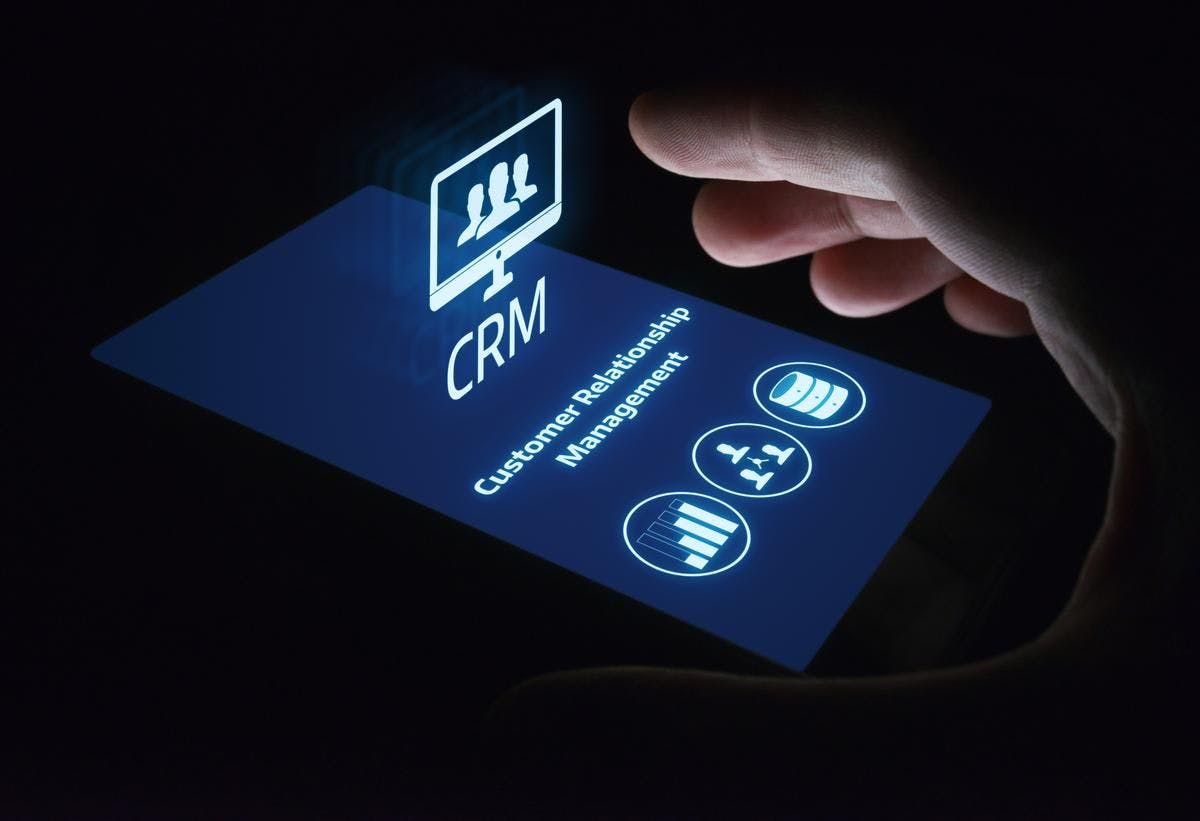122 reads
SaaS Businesses Should Use a CRM for Unbeatable Growth
by
August 9th, 2023
Audio Presented by

Meet Nayab Aman, a seasoned professional with over 5 years of experience in content writing and digital marketing.
Story's Credibility

About Author
Meet Nayab Aman, a seasoned professional with over 5 years of experience in content writing and digital marketing.
